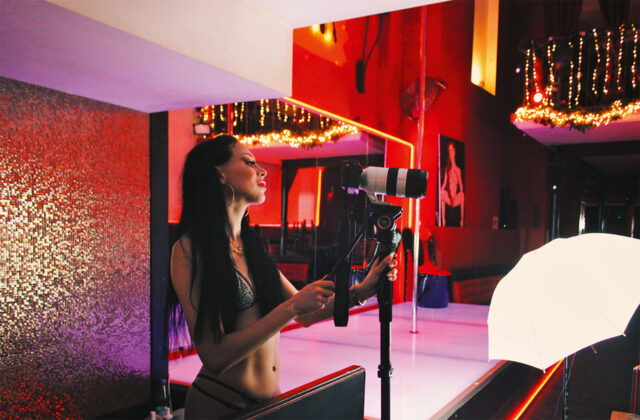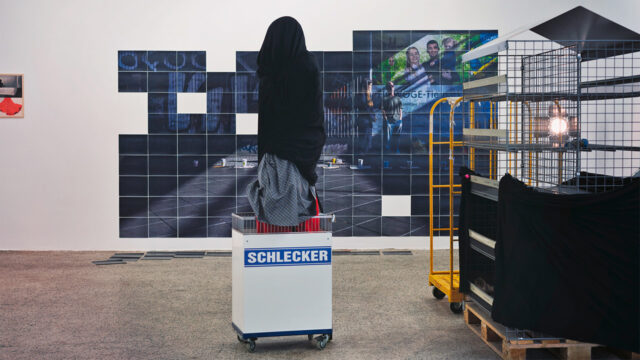
Blinde Winkel, Kunstverein am Rosa-Luxemburg Platz, 2020

parrot in a colemine, Kunstpunkt, 2018

Blinde Winkel, Kunstverein am Rosa-Luxemburg Platz, 2020

parrot in a colemine, Kunstpunkt, 2018